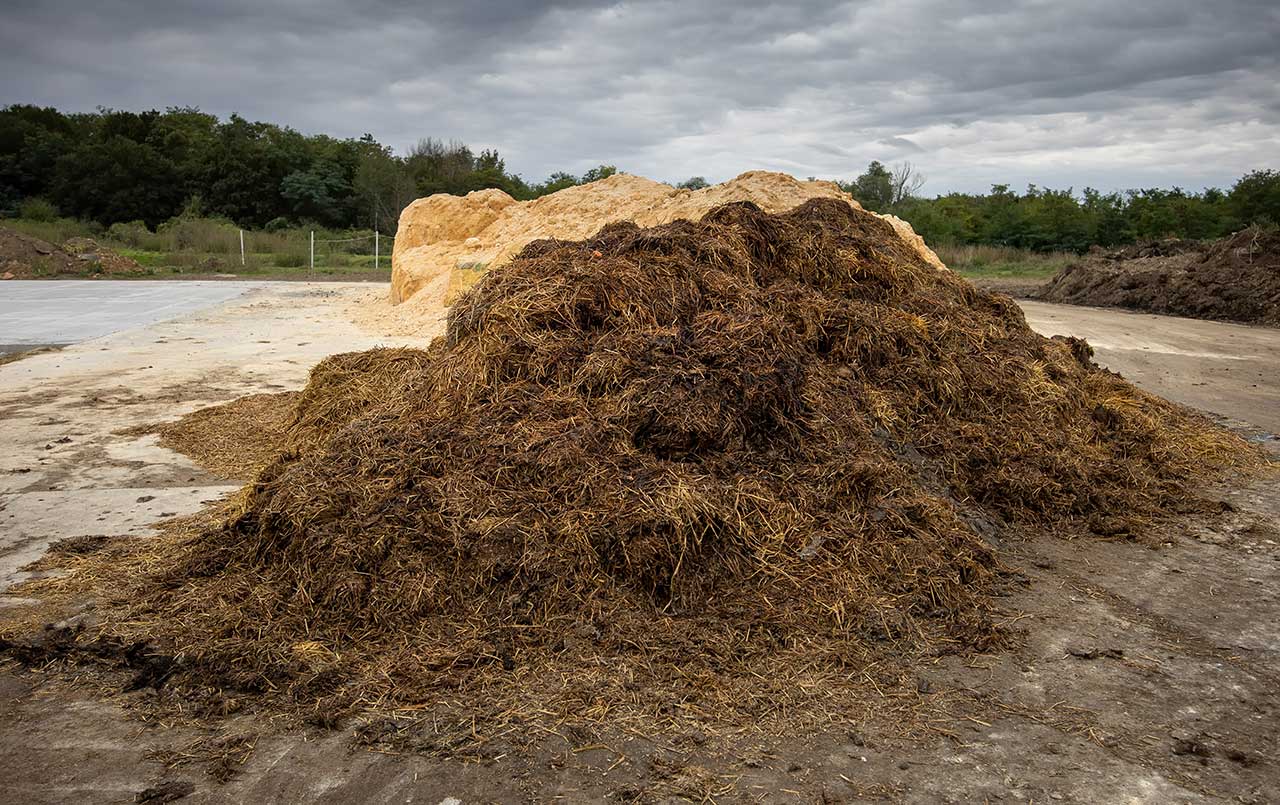

Key Elements Of An Effective Manure Management Plan
A manure management plan is vital for maintaining sustainable agricultural practices. This approach helps farmers handle manure responsibly to minimize environmental harm. By integrating a variety of strategies, from composting to pasture-based systems, a well-executed plan promotes healthier soil, reduces greenhouse gas emissions, and enhances the overall efficiency of farming operations.
Proper Collection Techniques
Effective manure management begins with collection. Utilizing appropriate equipment such as vacuums or spreaders is critical for maintaining hygiene and reducing labor. For larger operations, tools like Greystone’s Yard Vac 200 can improve the speed and effectiveness of manure collection. Consistently collecting manure helps prevent contamination of nearby water sources while improving farm productivity.
Manure collection systems must be tailored to the type of livestock and farm layout. For instance, dairy operations may benefit from different equipment than poultry farms. By choosing the right method, farms can streamline their processes and make sure of cleanliness and efficiency.
Additionally, proper collection reduces ammonia emissions and improves air quality. Regular collection, combined with technology, simplifies labor while preventing unpleasant odors and health hazards on farms.
Manure Treatment Methods
Composting is one of the most common and effective methods for treating manure. This process involves allowing manure to decompose aerobically, creating a valuable soil amendment while reducing harmful methane emissions. Manure treatment should focus on methods that maintain high levels of nutrients while minimizing greenhouse gases.
Another approach is anaerobic digestion, where manure is processed in oxygen-free conditions to produce biogas, which can be used as renewable energy. This practice not only manages waste; it also turns it into a resource for the farm, supporting circular agricultural systems.
Alternatively, manure can be separated into solid and liquid fractions for more targeted application in crop fields. This allows farms to use nutrients more efficiently and cut down on transport costs for fertilizer.
Storage Solutions for Manure Management
Storage is an integral part of any manure management plan. Manure needs to be stored in appropriate conditions to prevent runoff, leaks, or nutrient loss. Properly designed manure storage facilities can accommodate various farm sizes, helping achieve flexibility.
Covered manure pits or lagoons are effective for preventing nitrogen loss through volatilization. By controlling storage conditions, farmers can maintain the nutrient quality of manure until it is ready for field application. This protects both water sources and air quality on the farm.
For farms that practice rotational grazing, using mobile storage units like the Yard Vac 200 helps so that manure is collected and stored efficiently in grazing fields. This keeps pastures clean and optimizes the nutrient cycle.
Integrated Field Application
Manure application should be done in a way that enhances soil health without overwhelming crops with excess nutrients. This requires careful timing and a well-planned application strategy to meet crop needs throughout the growing season.
Incorporating manure into the soil, rather than leaving it on the surface, helps reduce nitrogen loss and prevents odors. Farmers often combine manure application with soil testing so that nutrient levels are optimized for their particular crops, improving yields and reducing waste.
By managing both the timing and method of application, farmers can see to it that manure contributes to healthier soils while avoiding nutrient runoff into local waterways.
Optimizing Your Manure Management Plan with Greystone USA
At Greystone USA, we provide practical solutions for farms to maintain clean and productive environments. Our pasture vacuums help efficiently collect manure from fields, making sure that waste is properly managed and nutrient cycles are optimized. Implementing the right tools for your manure management plan not only improves farm productivity; it also promotes sustainability across your operation.